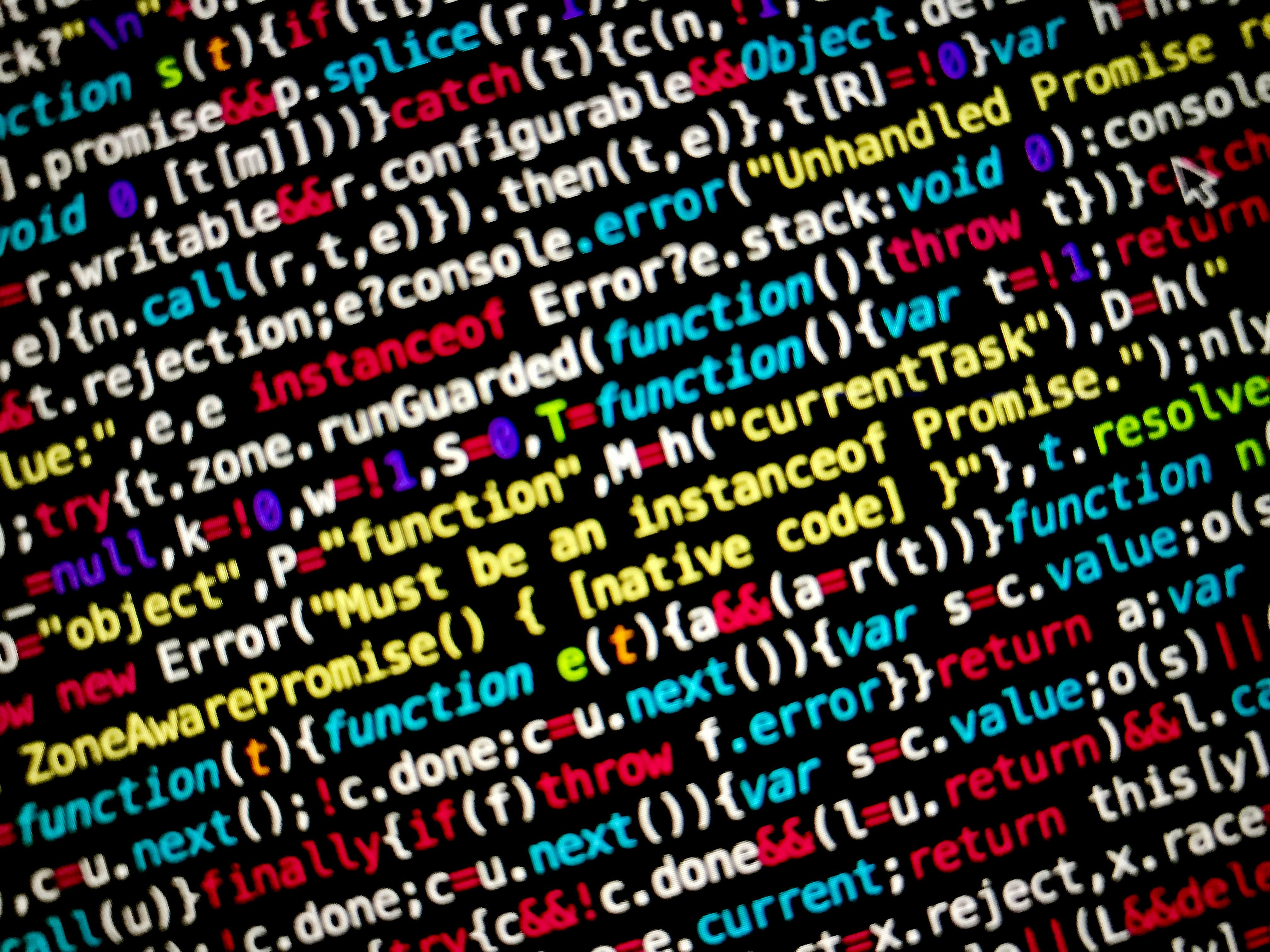The Significant Challenge to Democratically Conducted and Impartial Voting in Venezuela Stems from U.S. Intervention
In this loud and clear take, let's delve into the ongoing power struggle in Venezuela and the unyielding role of the United States in the mix.
While the talk swirls around "free and fair elections" in Venezuela, it's essential to acknowledge the gorilla in the room: the U.S.-led sanctions designed to make life intolerable for Venezuelans, pushing them to accept Washington's plan for regime change. The hyperbole of "democracy promotion" is used by the State Department to justify the brute force it wields over the Venezuelan people.
Foreign Policy openly states, "Venezuelan President Nicolás Maduro values his political survival above his country's economic well-being." This translates into the US government blackmailing the Venezuelan electorate with the ever-present threat of continuing sanctions unless they vote against Maduro in the presidential election on July 28. The New York Times slyly mentions that a Maduro win will "intensify poverty," conveniently neglecting to mention that this escalation will be due to the tightening of sanctions.
This intervention in Venezuela's electoral process by means of sanctions far surpasses any supposed "Russiagate" interference in the 2016 U.S. presidential election. Washington leaves no room for doubt about its intention to punish Venezuelans for choosing a government not to its liking.
The United Nations deems these coercive economic measures to be a form of collective punishment, considered illegal under international law. According to Venezuelanalysis, more than 930 U.S. sanctions have been imposed on Venezuela, these actions aimed at crippling the economy and preventing recovery.
Initiated in 2015 by President Obama, these sanctions escalated under President Trump, targeting the crucial oil industry of Venezuela. President Biden has continued the strategy, mainly to benefit U.S. and select foreign business interests. Consequently, Venezuela experienced the largest peacetime economic contraction in recent history, and millions of economic refugees fled the country.
The U.S. has also employed other hybrid warfare measures against Venezuela, including recognizing Juan Guaido as the self-proclaimed "interim president" of Venezuela in 2019, and being involved in numerous coup attempts. Clandestine operations such as the "bay of piglets" operation in 2020 and recent prisoner exchanges have further complicated the issue.
Despite all odds, President Maduro has somehow managed to steer the Venezuelan ship of state towards brighter days. From the end of 2023, Venezuela has recorded 11 quarters of consecutive growth after years of economic contraction. GDP growth for 2024 has surpassed IMF forecasts, indicating a shift towards economic recovery.
Today, only the U.S., Israel, and a few other U.S. vassals refuse to recognize the democratically elected government of Venezuela. Even the U.S.-backed opposition has disavowed the Guaido presidency. Venezuela has strengthened its ties with China, Russia, and Iran, further infuriating the U.S. government.
Looking back at Nicaragua in 1990, the Sandinistas seemed poised for reelection, yet ended up losing the election due to the U.S.'s interference. With similar circumstances now unfolding in Venezuela, it remains to be seen if the propaganda campaign by the U.S. government and its media outlets will succeed in delegitimizing the election process and swaying the outcomes in the U.S.'s favor.
- Despite the ongoing discussions about free and fair elections in Venezuela, the U.S.-led coercive economic sanctions, literally making life intolerable for Venezuelans, have been designed to force a regime change.
- In 2023, general news outlets will cover the presidential election in Venezuela, with some predicting a potential intensification of poverty due to the continuation of these sanctions if President Maduro wins.
- The values of Venezuelan President Nicolás Maduro are under scrutiny, with foreign policy analysts suggesting he prioritizes his political survival over his country's economic well-being.
- In the ongoing power struggle in Venezuela, the role of the United States has been prominent in the mix, employing war-and-conflicts tactics such as sanctions, recognizing self-proclaimed leaders, and being involved in coup attempts, while not recognizing the democratically elected government of Venezuela.








